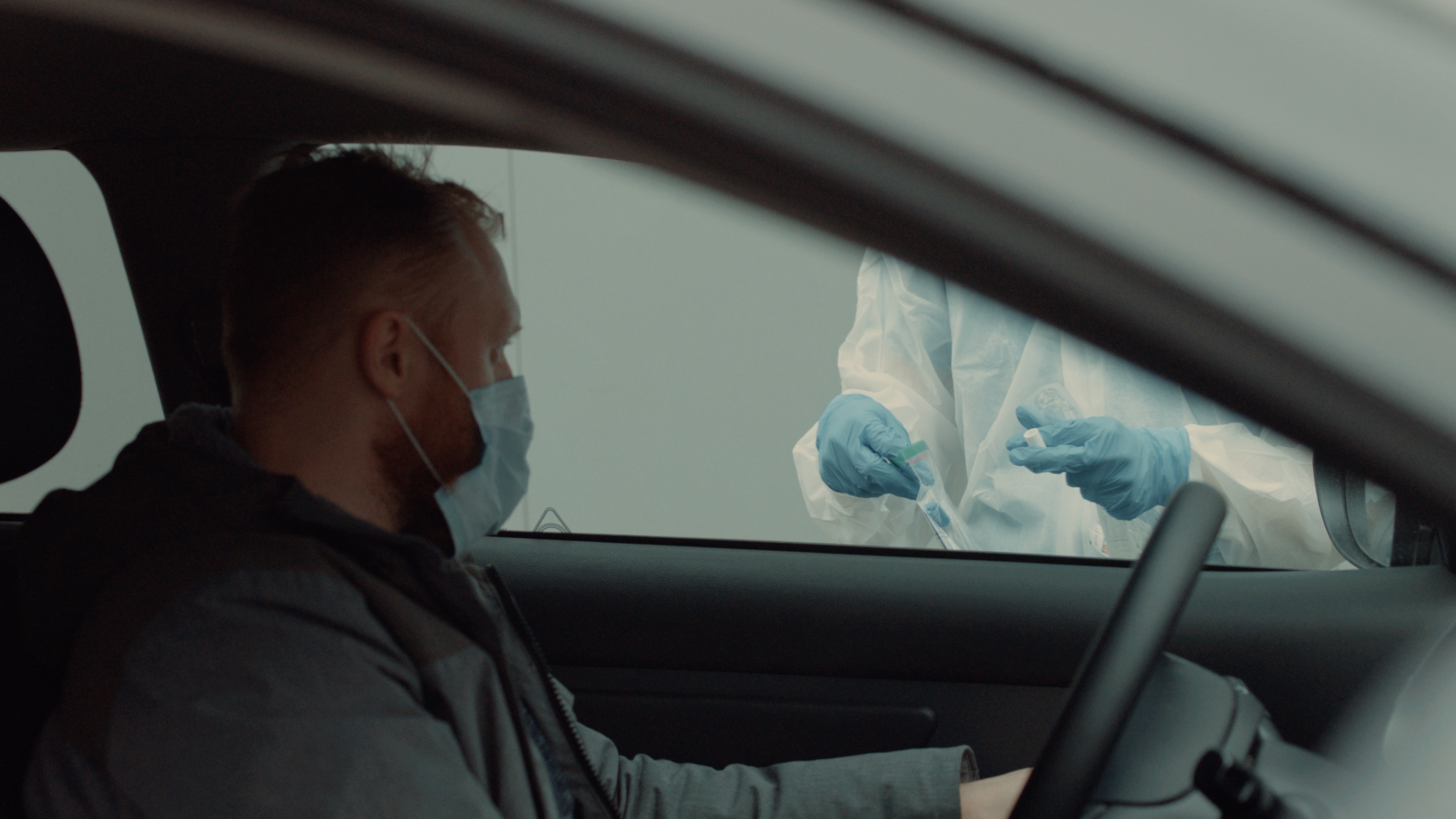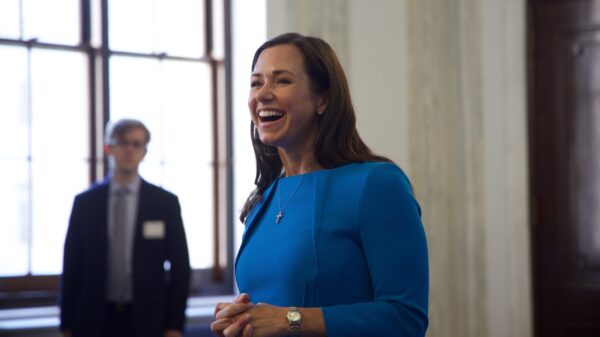The state of Alabama is following a national trend of surging cases in October. The two highest single days of new cases were on Friday and Saturday, with more than 83,000 cases reported each day, according to Johns Hopkins University.
That total is up more than 23 percent compared to the previous week, and the seven-day average of new cases hit 68,700 on Sunday, topping the previous peak set in late July.
In Alabama, 11,729 Alabamians have been diagnosed with the novel strain of the coronavirus, SARS-CoV-2, in the past seven days, by far the worst week in the month of October.
So far 29,654 Alabamians have been diagnosed with the coronavirus during the month of October. That is already higher than the entire month of September, in which the state reported just 28,643 cases.
{{CODE1}}
White House Chief of Staff Mark Meadows admitted that efforts to control the virus have failed.
“We’re not going to control the pandemic,” Meadows said on CNN’s “State of the Union” Sunday show. “We are going to control the fact that we get vaccines, therapeutics and other mitigations.”
Alabama Lt. Gov. Will Ainsworth was one of those diagnosed with the virus this week after being exposed at church, though Ainsworth has not reported any symptoms.
Former Food and Drug Administration head Dr. Scott Gottlieb told CBS News on Sunday that the coronavirus situation in the nation is at “a dangerous tipping point” amid the widespread surge. Gottlieb told CBS’s “Face The Nation” that there may not be any “forceful policy” to prevent a crisis.
“We’re in a dangerous tipping point right now,” Gottlieb said. “We’re entering what’s going to be the steep slope of the epidemic curve. These cases are going to continue to build.”
At least 326 deaths have been reported in October to take the state’s total death toll from COVID-19 up to 2,866 — 78 of them in just the last week.
Some 384 Alabamians died from COVID-19 in September. Deaths are a lagging indicator and increasing death counts tend to come weeks after a surge in new infections and hospitalizations. Some 582 Alabamians died in August and 630 in July. If the number of cases continue to rise, the death toll will likely rise with it.
“If we miss this window this is going to continue to accelerate and it’s going to be more difficult to get under control,” Gottlieb warned. “Most states have just a lot of spread. That’s going to change over the next two or three weeks. Things are going to look much more difficult. So we need to take steps right now.”
Gottlieb admitted that there is no public support for a second economic shutdown, so we will have to find “other methods.” But he also lamented that he did not see “any forceful policy happening any time soon.”
At least 920 Alabamians were in the hospital with COVID-19 on Sunday, the highest number since Sept. 2.
Since March, 184,355 Alabamians have been diagnosed with the coronavirus, and 107,050 of those cases are still considered active.
At least 74,439 Alabamians have recovered from the coronavirus, but public health authorities warn that COVID immunity drops rapidly following infection, thus people who survived cases six months ago can potentially be reinfected.
Dr. Anthony Fauci, the director of the National Institute of Allergy and Infectious Diseases, said that a decision on whether to approve a COVID vaccine could be coming early in December.
“We will know whether a vaccine is safe and effective by the end of November, beginning of December,” Fauci said. “The amount of doses that will be available in December will not certainly be enough to vaccinate everybody — you’ll have to wait several months into 2021.”
Gottlieb warned that a coronavirus vaccine is “not going to affect the contours” of the virus during the next few months. “Even if vulnerable Americans get vaccinated by the end of the year, they’re not going to have protective immunity until 2021,” Gottlieb said.
Public health officials are warning citizens to continue wearing their masks, social distance, stay home as much as possible, wash hands frequently, stay home if you are sick, quarantine if you test positive for the coronavirus whether you have any symptoms or not, and get vaccinated for the flu as flu season will soon be upon us.
Alabama remains under a statewide “safer-at-home” order with a mask mandate through Nov. 8, but that is likely to be extended past Thanksgiving given the surging virus cases.



















































